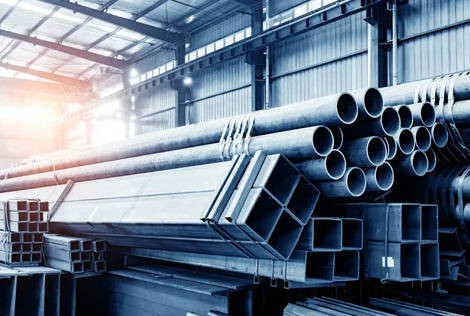The President instructed to organize a full cycle of REM recycling in the south of the Krasnoyarsk Territory by 2030. The closest explored deposits are the Tuvan ones. However, the possibilities of the Russian Railways budget and investment program for the development of transport infrastructure are currently limited.
The Government of the Republic is discussing with Mongolian and Chinese companies the possibility of their participation in the construction of the Kuragino-Kyzyl railway with an extension to the Mongolian border.
A framework agreement on infrastructure development in the republic is planned to be concluded with the Mongolian "Genghis Khan Group" (partner of China Railways) at the forum in Irkutsk on December 1-2.
Vladimir Donskikh, Special Representative of the Head of the Republic:
There is some interest in the proposal of Chinese partners to ensure the construction of railway and, if necessary, energy infrastructure on Russian territory in exchange for the Russian side granting the right to develop REM deposits in Tuva.
China is concluding agreements on the "infrastructure in exchange for resources" model as part of its "One Belt, One Road" project.
To make it not look so colonial, Tuva officials propose to include the following points in the license agreements:
Permission to export only products of deep processing of raw materials,
Creation of a joint venture with a Russian partner,
Provision of technologies for processing complex polymetallic ores that are not available in the Russian Federation.
The question is whether the Chinese will be interested in a project with such encumbrances. They are used to working strictly on their own terms, and they are hardly that interested in the Tuvan deposits - they have enough of their own.
Recall that Mikhail Mishustin's recent visit to China ended with the signing of a communique in which the parties agreed to jointly build the Russia-Mongolia-China economic corridor and modernize its key railway routes.
Cargo flow






